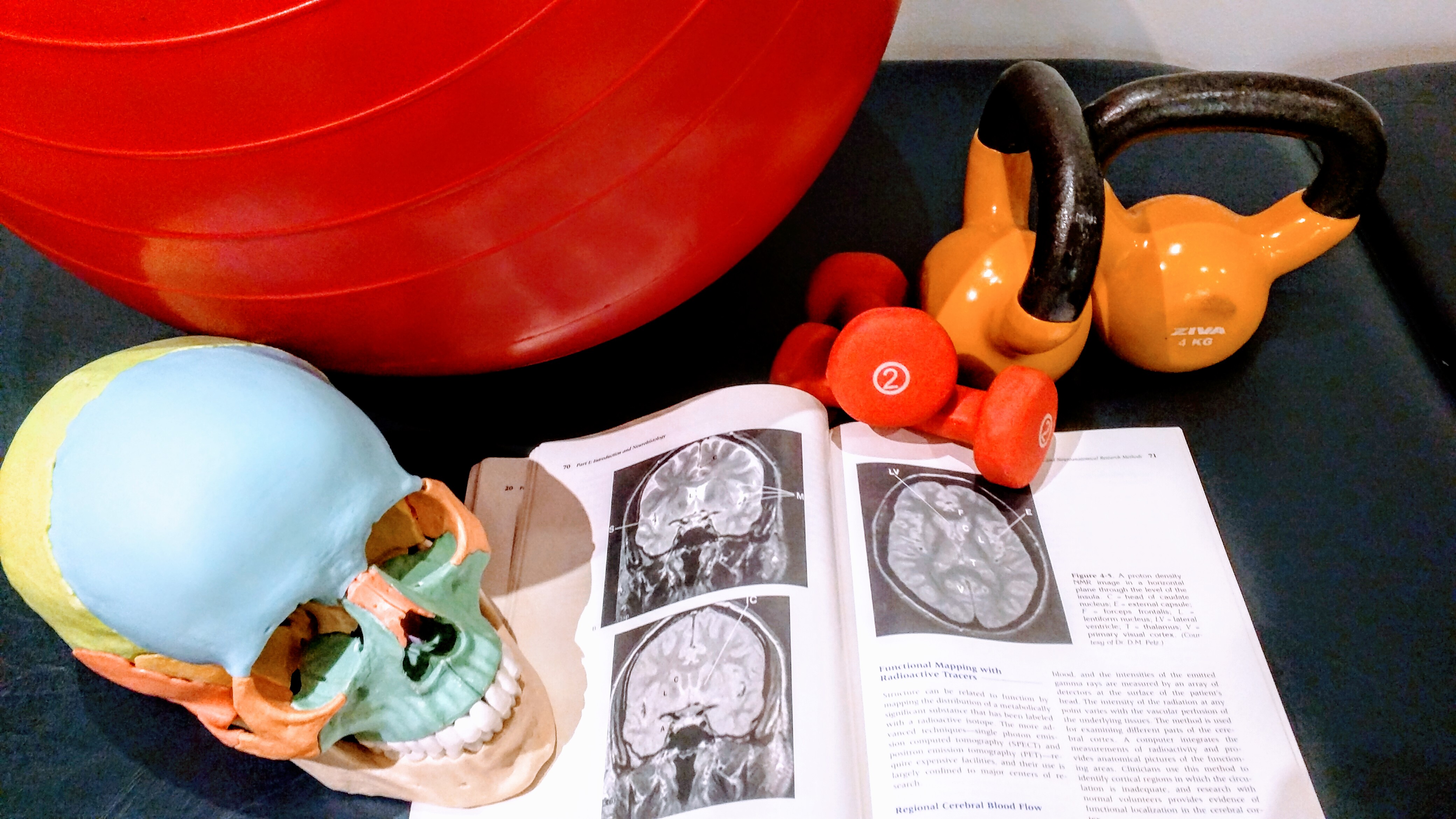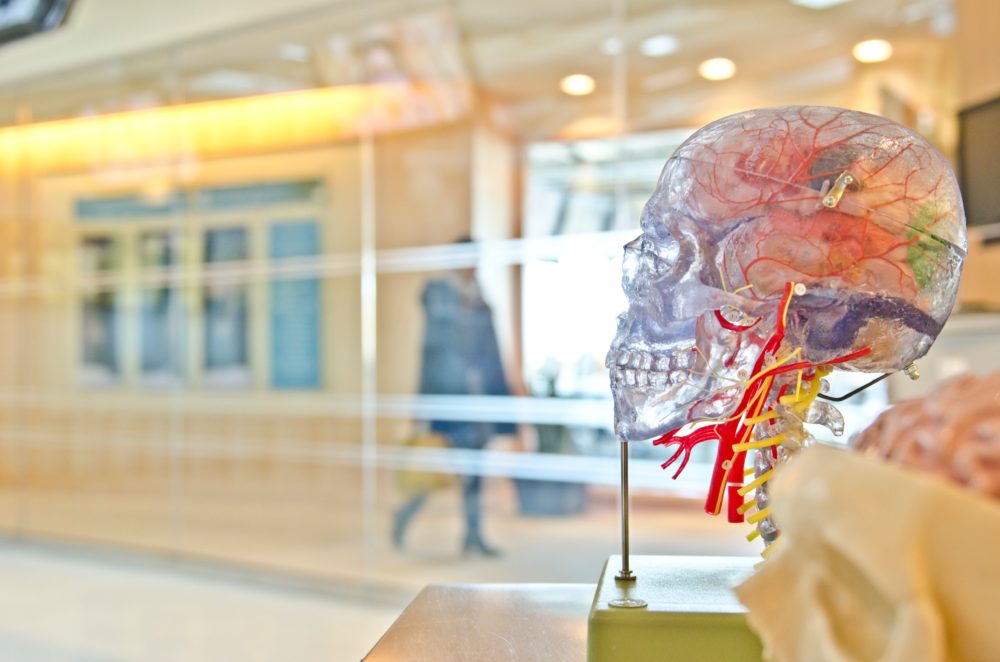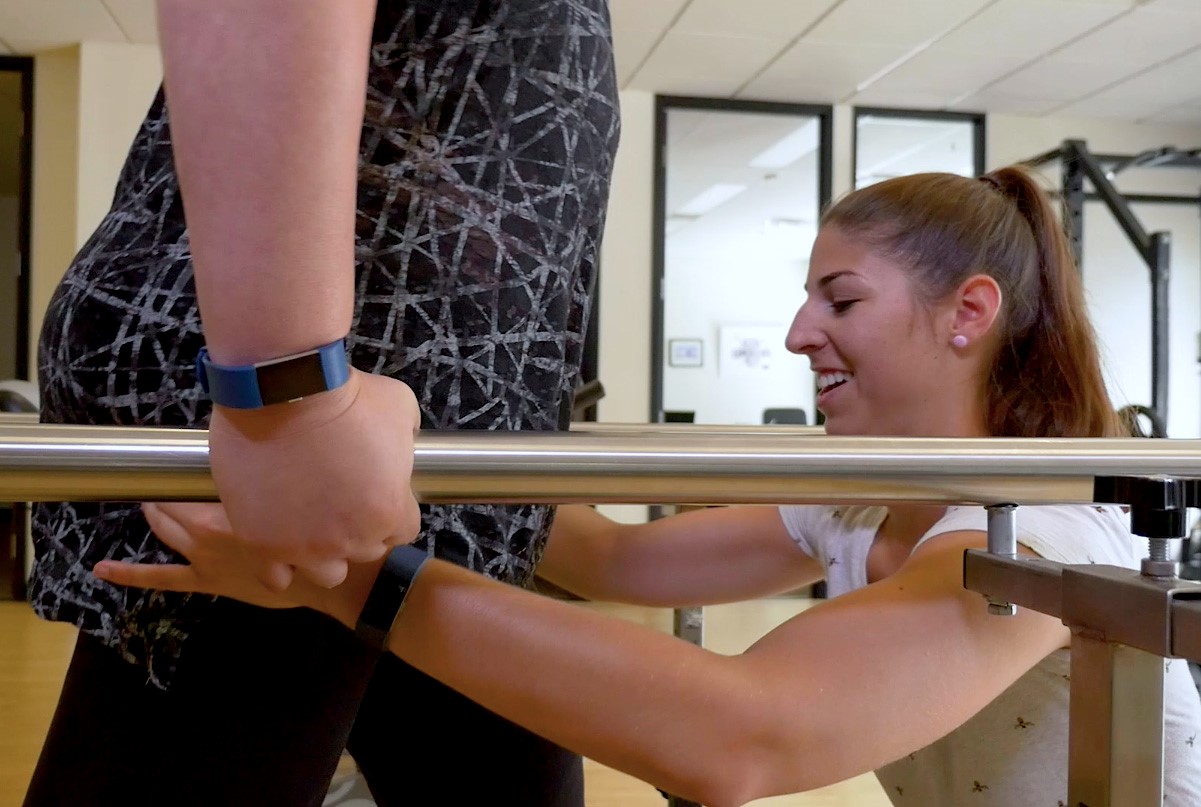Most people understand that exercise is important for the health of your physical body, but many are not aware of the effects of exercise on brain health. The benefits of exercise are numerous, and I think it is one of the most productive things you can do to ensure a long and healthy life. When it comes to the reasons why we should exercise, one of the best ways I have heard it described is that, “Exercise is the best medicine. Take it daily!” It not only helps you stay healthy, but can also act as the antidote for many different problems.
Some of the Major Benefits of Exercise
- Strengthening the cardiovascular system
- Regulating fuel use in our bodies
- Reducing obesity
- Elevating our stress threshold
- Improving our mood
- Boosting our immune systems
- Strengthening our bones
- And, perhaps the best but least talked about advantages of exercise is that it builds a strong brain!
Throughout my life, I have loved playing sports, going for runs, and engaging in almost any type of activity that gets me moving. Before becoming a physiotherapist, I assumed that this was simply because I liked competition and enjoyed being part of a team. However, I have since learned through school, research, and client experiences, that exercise is responsible for a lot more than just getting my body fit…it’s keeping my brain strong as well.
It makes a lot of sense to me that in order to have a fully functioning brain, we need to use our bodies like they were designed to be used. If you take a quick look back in history, it doesn’t take long to realize that today’s average human does a lot less moving and has a lot less physical responsibilities than ever before. This undoubtedly has led to many of the problems which trouble our bodies and minds today, including chronic diseases, obesity, psychological stress, and mental illness.
Since the development of MRI’s and other technologies, the research of the body – brain connection has exploded. We have finally come to realize that the body and mind are not separate entities. We now understand that exercise not only releases endorphins and reduces muscle tension, but also improves our brain’s health in multiple different ways. Here is a quick summary of some of the benefits:
Ways Exercise Improves Brain Health
- Improves learning
- Affects mood, anxiety, and attention
- Guards against stress
- Reduces effects of aging in the brain
- Affects recovery after brain injuries
One of the simplest ways to think about the brain is to liken it to a muscle: it grows when you use it, and shrinks with inactivity, or more bluntly, “use it or lose it!”. Exercise increases blood flow to the brain, promotes the growth of new blood cells, and triggers several important neurotransmitters, such as serotonin, dopamine, glutamate, and GABA. More simply, exercise can create a great learning experience for the body and the mind. Just think of how hard your brain needs to work when learning a new skill, such as balancing on a Bosu ball or trying to master a new dance routine.
At a fundamental level, research has recently shown that moving our muscles produces proteins that travel through the bloodstream and into the brain, and effect some of our highest thought processes. A couple of these proteins include: insulin-like growth factor (IGF-1) and vascular endothelial growth factor (VEGF). Researchers have also linked a protein which builds and maintains cell circuitry (brain-derived neurotrophic factor (BDNF)) with exercise and brain recovery.
Exercise Approach
As for what kind of exercise is best, I believe a combination of an activity that taxes your cardiovascular system (running, biking, swimming, Nu-Step, etc.) and something that gets you thinking (coordination, balance, learning a new skill, etc.) is the ultimate.
For instance, a person who has sustained a traumatic brain injury may demonstrate functional impairments in balance and coordination. At Propel, we’ve had success in improving these issues by exercising on challenging surfaces and by incorporating hand-eye coordination tasks with that exercise. It is not uncommon to see a person practicing their high-level balance by squatting on a BOSU ball, while throwing and catching a tennis ball. This sounds hard at first, but it is part of a large exercise progression.
Exercise does not come easy to everyone, but if you truly learn and understand the full benefits that exercise can give you (including improving your cognitive abilities, recovery from injury, and improving your mental health) then I hope going to the local gym with a friend, conquering a brand new skill, or simply taking a brisk walk outside will be a little bit easier.
For more information on the benefits of exercise on brain health, everything from improved learning to fighting addiction, check out Spark by John J. Ratey, MD with Eric Hagerman.
Written by











